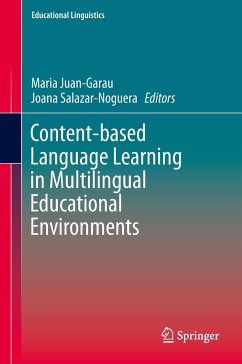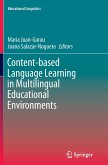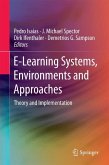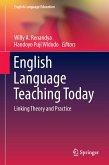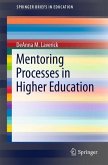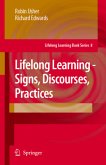The spread of English as an international language along with the desire to maintain local languages lead us to consider multilingualism as the norm rather than the exception. Consequently, bi/multilingual education has bloomed over the last decades. This volume deals with one such type of education currently in the spotlight as an essentially European strategy to multilingualism, CLIL (Content and Language Integrated Learning), in which curricular content is taught through a foreign language. The book contributes new empirical evidence on its effects on linguistic and attitudinal outcomes focusing on bi/multilingual learners who acquire English as an additional language. Moreover, it presents critical analyses of factors influencing multilingual education, the effects of CLIL on both language and content learning, and the contrast between CLIL and other models of instruction. The research presented suggests that CLIL can greatly enhance language acquisition in multilingual settings.
"The volume under review focuses on Content and Language Integrated Learning (CLIL), the European strategy to implement multilingualism in classroom contexts. ... this volume features an overview of issues that will be of particular interest to those involved in the implementation of CLIL programs or bilingual programs in general." (María del Pilar García Mayo, Applied Linguistics, Vol. 37 (1), February, 2016)
"This book goes some way to addressing the issue of adapting content and language integrated learning (CLIL) to local contexts, providing useful examples that illustrate how research can be conducted in this area. ... Taken together, the chapters in this volume provide useful evidence as to how CLIL is working in one European context today, and open up interesting avenues for future research ... ." (Ruth Breeze, Estudios Sobre Educación, Vol. 31, 2016)
"This book goes some way to addressing the issue of adapting content and language integrated learning (CLIL) to local contexts, providing useful examples that illustrate how research can be conducted in this area. ... Taken together, the chapters in this volume provide useful evidence as to how CLIL is working in one European context today, and open up interesting avenues for future research ... ." (Ruth Breeze, Estudios Sobre Educación, Vol. 31, 2016)

